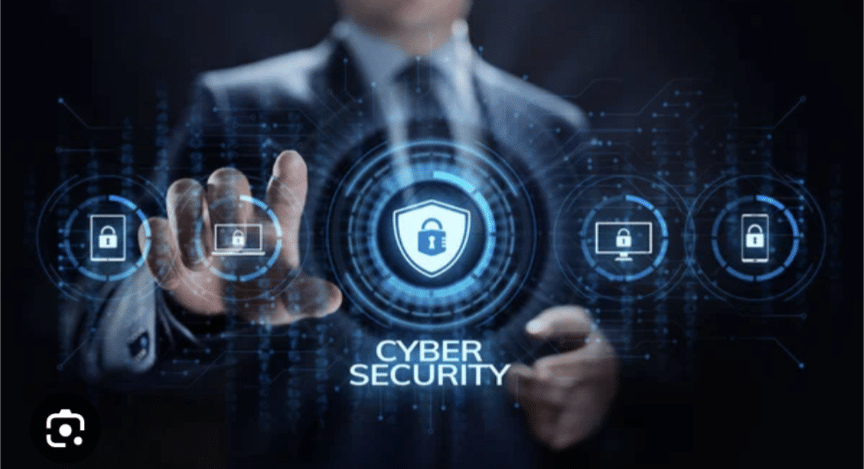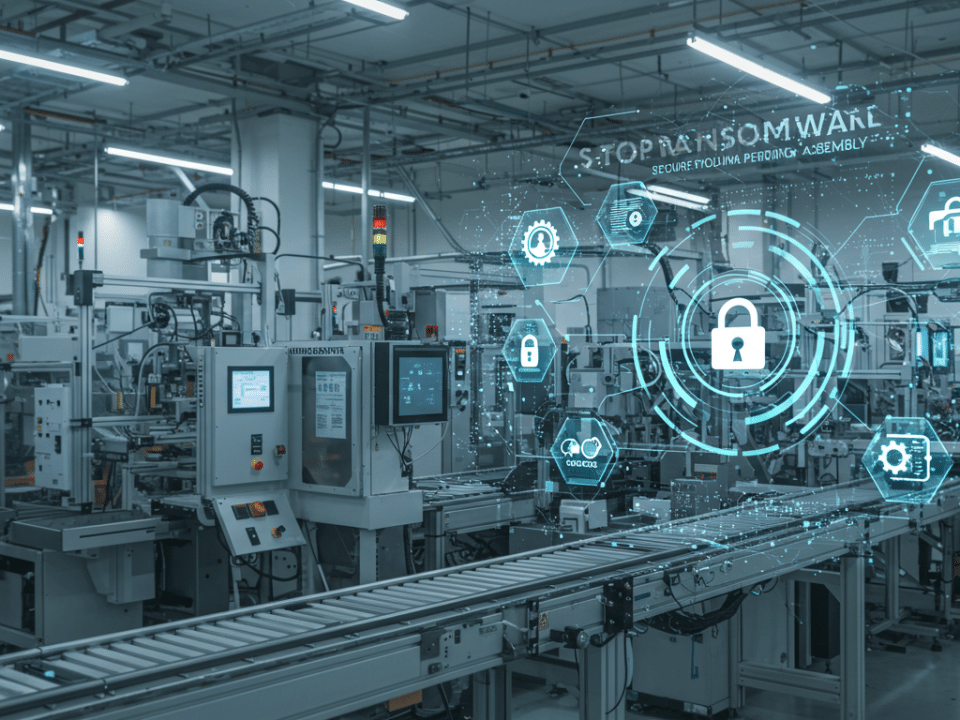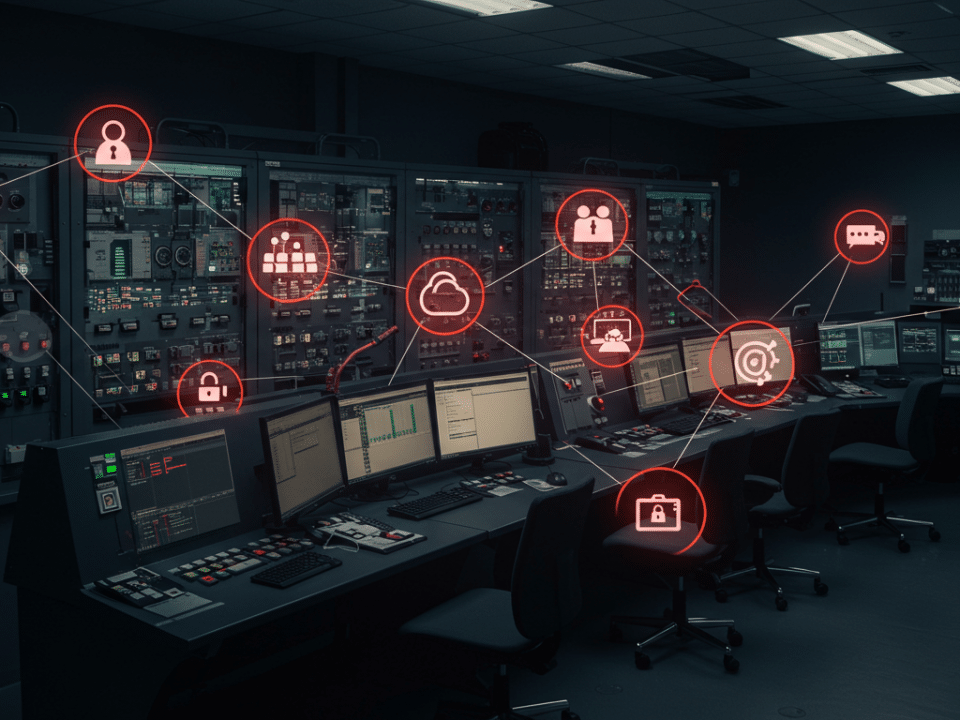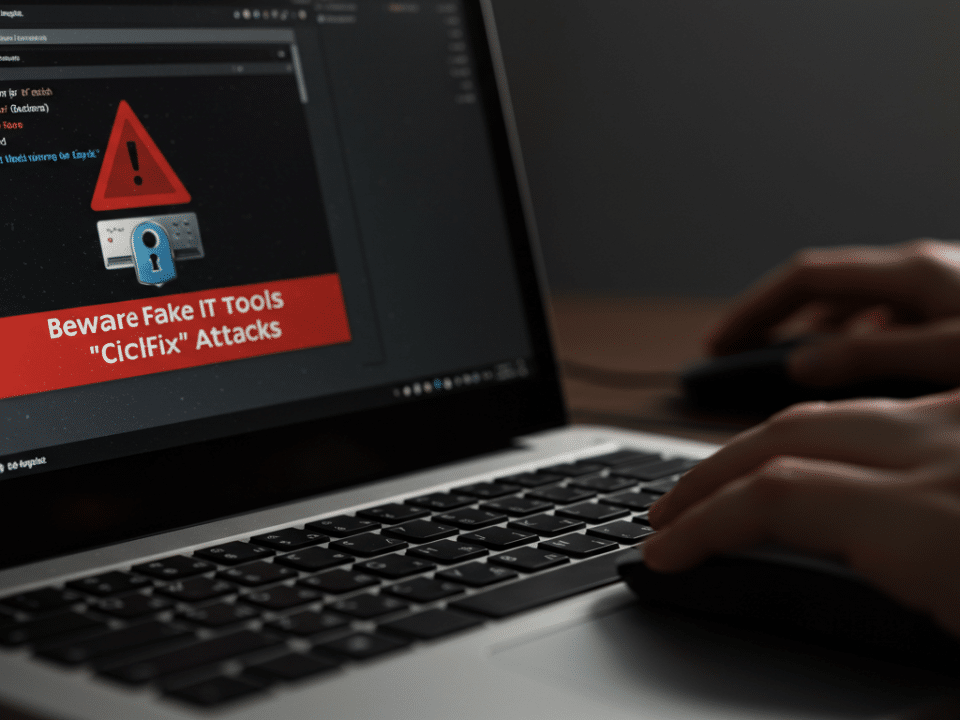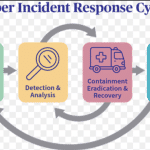
Incident Response and Forensics: A Collaborative Approach to Cybersecurity
November 4, 2023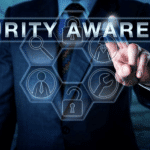
Keep Your Remote Workforce Safe with Fun and Engaging Security Awareness Training
November 6, 2023Cybersecurity for Beginners: How to Stay Safe in the Digital World
Cybersecurity is the practice of protecting systems, networks, and data from unauthorized access, use, disclosure, disruption, modification, or destruction. It is important for everyone, individuals, organizations, and governments, because cyberattacks can have a devastating impact on people’s lives, businesses, and economies.
What are cyberattacks?
Cyberattacks are malicious attempts to exploit vulnerabilities in systems, networks, and data. They can be carried out by individuals, groups, or even governments, and they can have a variety of motives, including financial gain, espionage, or vandalism.
Some of the most common types of cyberattacks include:
- Malware: Malware is malicious software that can damage or disable computer systems, steal data, or spy on users. Malware can be spread through email attachments, malicious websites, or infected USB drives.
- Phishing: Phishing attacks involve sending fraudulent emails or text messages that are designed to trick users into revealing sensitive information, such as passwords or credit card numbers.
- Ransomware: Ransomware is a type of malware that encrypts a victim’s files and demands a ransom payment in exchange for the decryption key.
- Denial-of-service (DoS) attacks: DoS attacks attempt to overwhelm a server or network with traffic, making it unavailable to legitimate users.
- Man-in-the-middle (MitM) attacks: MitM attacks involve intercepting communications between two parties and impersonating one of them. This can be used to steal data or redirect users to malicious websites.
Why is cybersecurity important?
Cybersecurity is important because cyberattacks can have a serious impact on people’s lives, businesses, and economies. For example, a cyberattack on a bank could steal customers’ money or financial information. A cyberattack on a hospital could disrupt patient care or steal medical records. And a cyberattack on a government agency could disrupt essential services or steal sensitive data.
Cybersecurity is also important for individuals because our personal information is increasingly stored and processed online. This information can be valuable to cybercriminals, who can use it to commit identity theft, fraud, or other crimes.
Here are some specific examples of the impact of cyberattacks:
- In 2013, the healthcare insurance company Target was hacked, and the personal information of over 40 million customers was stolen.
- In 2014, the retail giant Home Depot was hacked, and the credit card information of over 50 million customers was stolen.
- In 2017, the credit bureau Equifax was hacked, and the personal information of over 147 million Americans was stolen.
- In 2020, the ransomware attack on Colonial Pipeline caused a major disruption to the fuel supply in the United States.
- In 2021, the ransomware attack on Kaseya affected over 1,500 businesses in over 17 countries.
These are just a few examples of the many cyberattacks that have occurred in recent years. These attacks have had a significant impact on individuals, businesses, and economies around the world.
How to stay safe online
There are a number of things you can do to stay safe online and protect yourself from cyberattacks:
- Use strong passwords and enable two-factor authentication (2FA) whenever possible. Strong passwords are at least 12 characters long and include a mix of upper and lowercase letters, numbers, and symbols. 2FA adds an extra layer of security to your accounts by requiring you to enter a code from your phone in addition to your password.
- Be careful about what links you click on and what attachments you open. Phishing emails and malicious websites are often designed to look like they are from legitimate sources. If you are unsure about a link or attachment, do not click on it.
- Keep your software up to date. Software updates often include security patches that can help protect you from known vulnerabilities.
- Use a firewall and antivirus software. A firewall can help protect your computer from unauthorized access, while antivirus software can help detect and remove malware.
- Be careful about what information you share online. Do not share your personal information with strangers or on untrusted websites.
In addition to these general tips, there are some specific things you can do to protect yourself from different types of cyberattacks:
- To protect yourself from malware:
- Avoid downloading files from untrusted sources.
- Be careful about what attachments you open in emails.
- Keep your software up to date.
- Use antivirus software.
- To protect yourself from phishing attacks:
- Be suspicious of unsolicited emails and text messages.
- Hover over links before clicking on them to see the actual URL.
#cybersecurity #infosec #cybersecuritytips #cybersecurityawareness #staycybersecure #cybersecurityforeveryone #cybersecurityforbeginners #cybersecurityforall #protectyourselfonline #avoidcyberattacks #cybersecurityawarenessmonth #cybersecuritybestpractices #cybersecuritymatters

